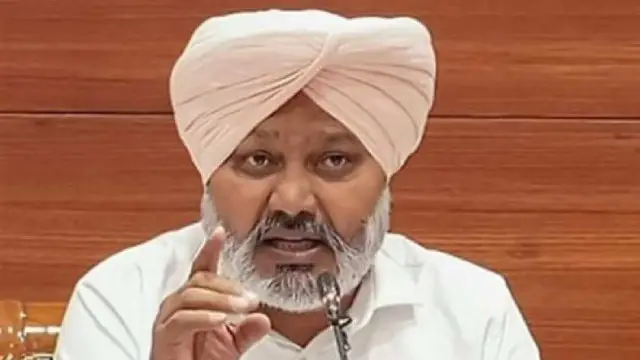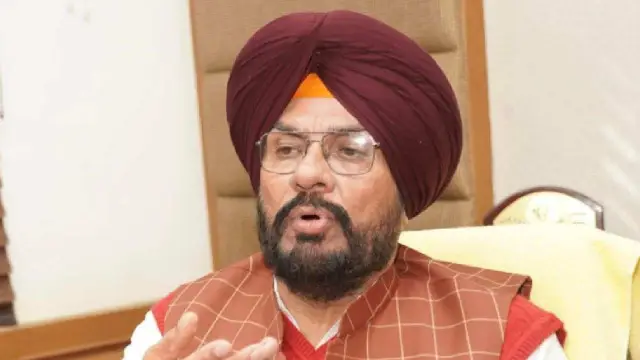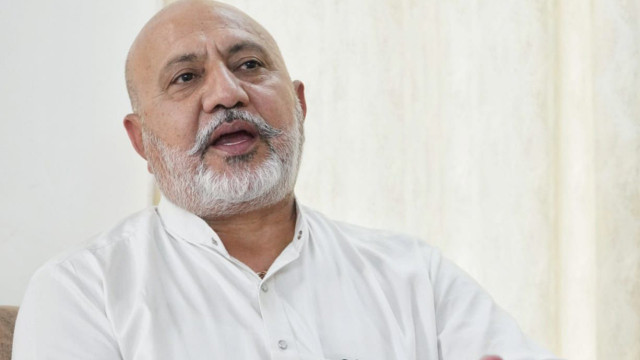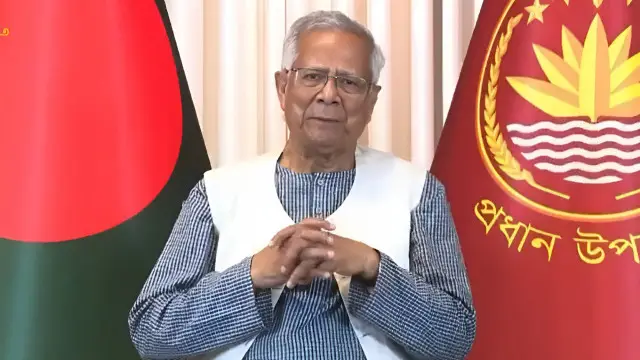Supreme Court Partially Stays Waqf Act Provisions, Balancing Property Rights, Religious Freedom And Governance
The Supreme Court has decided not to suspend the entire Waqf Act but imposed a partial stay on specific provisions. The bench emphasized protecting property rights, upholding religious freedom, and maintaining fairness in Waqf administration while hearing detailed petitions.
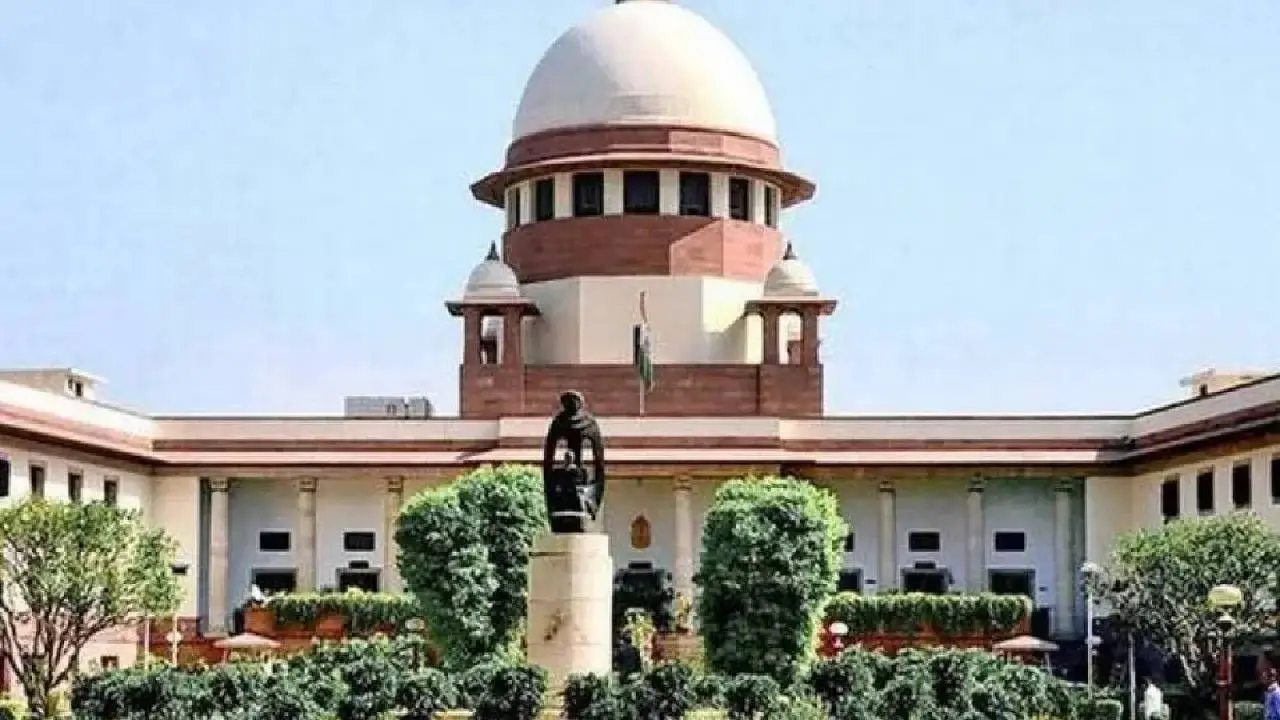
National News: Petitioners sought a full freeze, but the bench found no basis for stopping the whole statute. Instead, it ring-fenced a few areas for temporary protection so day-to-day functions continue without clogging essential services and records.A requirement linked to proving a person’s religious practice for declaring certain properties drew scrutiny. The court signaled that administrative recognition must not hinge on policing belief; due process should rest on documents, usage, and evidence.
On appointments, the court indicated preference for a qualified Muslim CEO where reasonably possible. Yet it did not shut doors to a non-Muslim appointee if no suitable candidate is available—continuity and competence remain practical needs.
Tribunal Over Collector
For land disputes, the tribunal, not the collector, is the proper forum. This aims to speed hearings, apply specialized understanding, and reduce local pressures. Clear jurisdiction avoids parallel processes and contradictory orders on the same parcel. Tribunals often have judges with specific training in property law. This specialization helps in delivering fairer, quicker verdicts. Parties also feel more confident when decisions come from an expert body. Overall, the shift strengthens transparency and reduces political influence at the local level.
Cap On Non-Muslim Members
The board may include non-Muslims, but numbers stay limited to preserve character while enabling external expertise. The idea is representation without takeover—checks that reassure stakeholders on neutrality and focus. Limiting numbers ensures the community’s confidence remains strong.
At the same time, outside voices bring valuable perspectives. This balance helps avoid accusations of bias or exclusion. The rule also guarantees that board leadership reflects its cultural foundation. Together, these measures create stability while keeping the system open to reform.
Next Steps In Court
Interim orders hold until detailed arguments finish. Expect tighter rules on evidence, audits, and notifications. The broader test will be: can administration stay efficient and transparent while fundamental rights and community trust are both protected? Judges will study past misuse cases to frame new guidelines. Lawyers from both sides will present alternative models of governance. The court may seek expert committees for independent advice. Ultimately, the final verdict will shape how faith, property, and law interact in the coming years.




